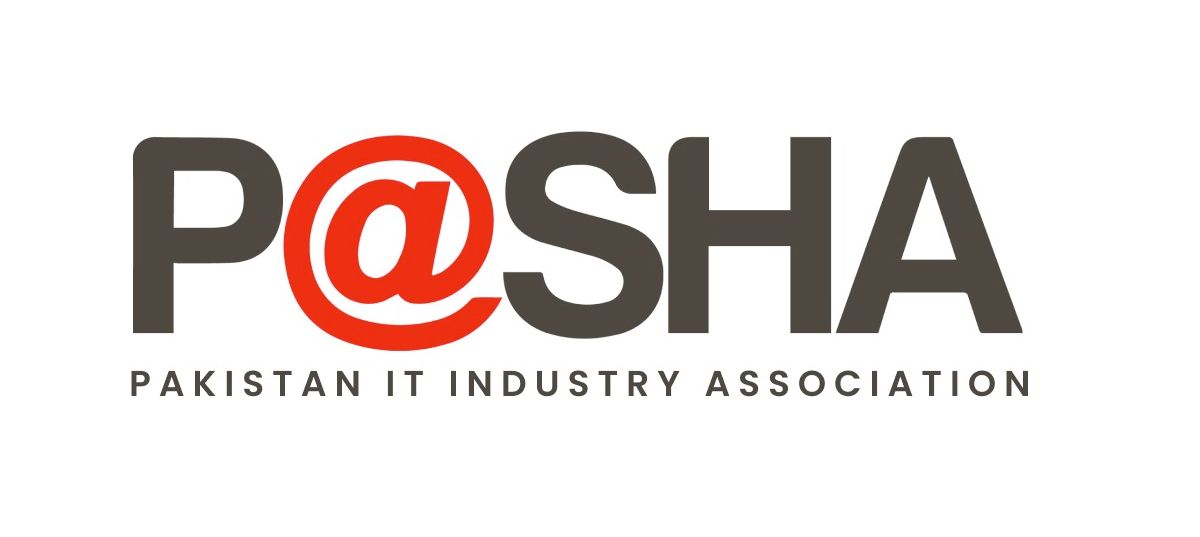The Pakistan Software Houses Association (P@SHA) has issued a strong call to the government ahead of the Federal Budget 2025–26, urging fiscal clarity, policy consistency, and structural reforms to support the country’s burgeoning IT and IT-enabled Services (ITeS) sector.
Read More: P@SHA and sAi Venture Capital Partner to Mobilize $100 Million for Pakistan’s B2B Tech Export Surge
In its official budget recommendations, P@SHA emphasized that the IT industry—contributing $3.2 billion in exports in FY24 and projected to reach nearly $4 billion by fiscal year-end—has been a vital pillar of Pakistan’s digital economy. Forecasts estimate a $15 billion export potential by 2030, but that trajectory is threatened by inconsistent tax policies and operational challenges.
P@SHA acknowledged Pakistan’s commitments under the IMF program and emphasized its position as a responsible stakeholder. “We are not asking for exemptions that jeopardize international obligations. However, if our practical, fair recommendations are implemented in both letter and spirit, Pakistan’s IT sector can contribute substantially more to national growth,” the association stated.
Tax Reform for Remote Workers
A key recommendation focuses on payroll tax inconsistencies affecting remote workers. P@SHA has proposed a formal classification of remote professionals within the Income Tax Ordinance (2001), suggesting that individuals earning over Rs. 2.5 million annually through foreign remittances or serving fewer than three international clients be taxed similarly to salaried employees.
This move, P@SHA said, would help expand the tax base while creating a level playing field. The current imbalance makes it more cost-effective for foreign firms to bypass local companies and hire Pakistani talent directly.
Consistency Over Incentives
The association stressed that Pakistan’s IT sector remains in a formative growth phase, and policy continuity is essential to sustaining recent progress. P@SHA cited the recent Digital Foreign Direct Investment (DFDI) event, which generated over $700 million in commitments—$600 million of which were facilitated by the association itself.
“Frequent changes in tax laws—whether related to export incentives, withholding taxes, or other fiscal instruments—discourage long-term investment,” the statement noted. “If investor confidence is shaken, Pakistan risks forfeiting years of progress, including advances in branding, skill development, and digital infrastructure.”
P@SHA urged that no changes be made to the existing tax structure and called for digitization of international capital repatriation processes to ease investment inflows.
Operational Reforms and Protection from Bureaucratic Harassment
The association also raised concerns about the treatment of IT firms by federal and provincial entities, including EOBI and tax authorities. Reports of arbitrary notices, threats of office closures, and harassment are creating a hostile environment that drives companies offshore, it said.
Call centers and BPOs, which operate on slim margins and strict service-level agreements, are particularly vulnerable. P@SHA recommended temporary exemptions from outdated labor regulations and a legislative shield for the IT sector until meaningful reforms are implemented.
Despite having one of the region’s lowest revenue-per-employee figures, the sector formally employs over 600,000 professionals. P@SHA concluded that the industry’s resilience has limits, and without urgent policy reforms, Pakistan risks losing its competitive edge to more agile regional economies




